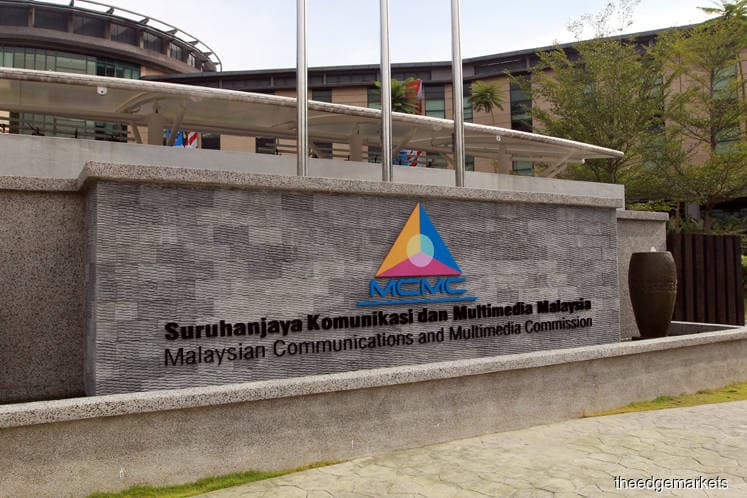
CYBERJAYA (Sept 5): The Malaysian Communications and Multimedia Commission (MCMC) said the RM21.6 billion estimated budget for the National Fiberisation and Connectivity Plan (NFCP) will be half funded by the Universal Service Provision (USP) fund, while the other half will be funded by the capital expenditure (capex) of telecommunications companies (telcos) in Malaysia.
At a media briefing today, MCMC chairman Al-Ishsal Ishak further clarified about the budget of the NFCP — to be launched on Sept 19 — and pointed out that licensees pay 6% of their topline to the USP fund, while telcos have already planned their capex.
"This issue has been politicised and society is so engrossed in finding mistakes. Looking at our plans under the NFCP and based on certain assumptions on the number of towers and kilometres of fibre optics to be developed, we came up with the RM21.6 billion figure after discussions with the telcos," he said.
Al-Ishsal said the RM21.6 billion is a "ballpark figure" and that the commission will refine the figure in its upcoming quarterly reports on the NFCP, starting next year.
He further explained that the USP fund is a trust fund managed by the commission, which will be financing about half of the estimated investment requirement to execute the initiatives under NFCP.
As at 2017, the USP fund has about RM8 billion to RM9 billion, with about RM4 billion to RM5 billion committed for the NFCP.
The updated numbers will be announced in the 2018 report, which Al-Ishsal said will be published soon.
The fund is necessary, he said, in order to ensure coverage for underserved areas.
"The fund will be covering the operating expenditure for the towers, until they become commercially viable. If the fund is not in place, some areas will probably never see improvement in coverage, as telcos will not set up towers there," he said.
Besides setting up new towers, the commission also looks at optimising resources, such as in locations where there are multiple towers serving a relatively small area.
"In Tawau, for example, there is a large amount of towers serving a small population, as each telco has its own tower. This is not only an eyesore but is also wasting foreign exchange, as these towers require steel to be imported for construction, which results in unnecessary costs.
"We are encouraging telcos to share their infrastructure to make sure that things run more efficiently and costs are optimised," Al-Ishsal said.